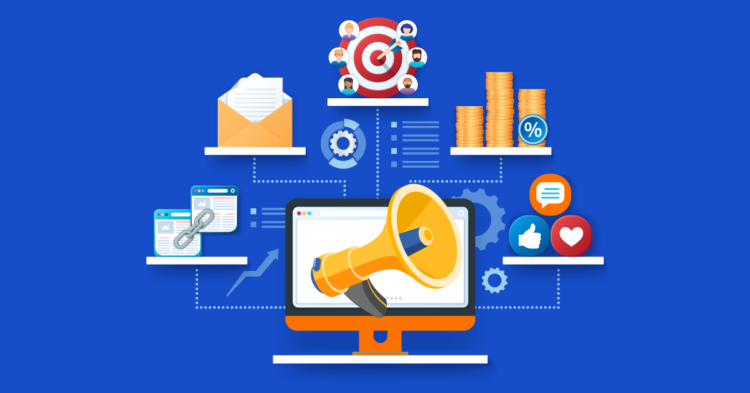Growth marketing has become an indispensable part of a startup’s strategy, especially in the rapidly changing landscapes of technology, consumer behavior, and economic fluctuations.
To delve deep into the complexities and techniques of effective growth marketing, we spoke with Emily Carter, a seasoned growth marketing expert with over a decade of experience in scaling startups. Her insights provide a treasure trove of knowledge for any startup looking to carve out its niche in a crowded marketplace.
Page Contents
The Facts

Source: poised.com
When asked about the core of growth marketing, Emily emphasizes its fundamental difference from traditional marketing.
“A growth marketing agency is all about integrating every facet of the marketing process with a data-driven approach. It’s not just about attracting leads but nurturing them through personalized, iterative campaigns that adapt based on real-time feedback and analytics,” she explains.
Emily believes that growth marketing’s real power lies in its ability to use data to inform decisions and strategies continuously.
This requires a deep understanding of analytics, user behavior, and market trends. Unlike traditional marketing, which often relies on static campaigns, growth marketing is dynamic and ever-evolving.
Starting Right: Early Stage Strategies
For startups, the initial marketing strategy is critical. It sets the tone and direction of the entire growth trajectory. “Many startups think they need to do everything at once, but it’s about finding your key differentiators and leveraging them effectively,” Emily notes.
In the early stages, Emily advises focusing on building a strong product-market fit. This means listening closely to customer feedback and being willing to pivot or adapt your product.
The marketing should aim to educate potential users about the product’s unique benefits while also collecting feedback through engagement metrics, surveys, and direct communications.
Mastering the Funnel: Acquisition to Retention

Source: ortto.com
A significant part of our conversation centered around the marketing funnel, from acquisition to retention. Emily highlights the importance of understanding each part of the funnel as a different segment of the customer journey. “Acquisition is about awareness and bringing people into the fold, but retention is where the growth really happens,” she says.
For acquisition, startups should focus on both organic and paid channels but choose them based on where their target audience is most active. Search engine optimization, content marketing, and strategic partnerships can be particularly effective.
Meanwhile, for retention, personalized email campaigns, push notifications, and loyalty programs can create more value for existing customers, encouraging them to stay longer and buy more.
Leveraging Technology and Tools

Source: eightmedia.ph
In today’s digital age, the right tools are crucial for executing a successful growth marketing strategy. “There’s an overwhelming array of marketing tools available today, from analytics platforms like Google Analytics to automation tools like HubSpot,” Emily points out.
The key is to select tools that integrate well with each other and provide actionable insights. Startups should focus on tools that offer scalability and flexibility, as their needs will evolve as they grow. More importantly, the tools should enable marketers to automate repetitive tasks, allowing them to focus on strategy and creative aspects.




